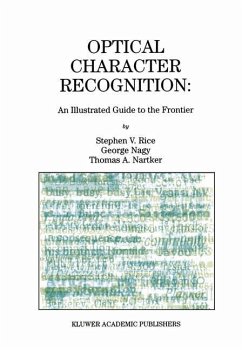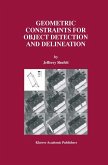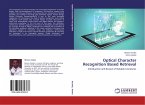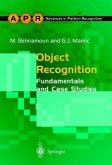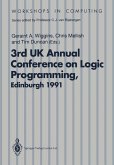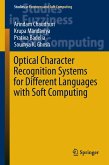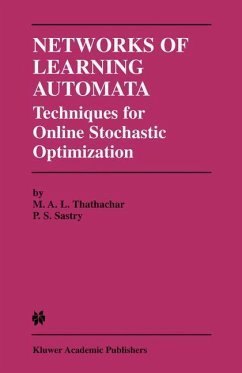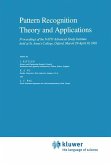Optical character recognition (OCR) is the most prominent and successful example of pattern recognition to date. There are thousands of research papers and dozens of OCR products. Optical Character Rcognition: An Illustrated Guide to the Frontier offers a perspective on the performance of current OCR systems by illustrating and explaining actual OCR errors. The pictures and analysis provide insight into the strengths and weaknesses of current OCR systems, and a road map to future progress.
Optical Character Recognition: An Illustrated Guide to the Frontier will pique the interest of users and developers of OCR products and desktop scanners, as well as teachers and students of pattern recognition, artificial intelligence, and information retrieval. The first chapter compares the character recognition abilities of humans and computers. The next four chapters present 280 illustrated examples of recognition errors, in a taxonomy consisting of Imaging Defects, Similar Symbols, Punctuation, and Typography. These examples were drawn from large-scale tests conducted by the authors. The final chapter discusses possible approaches for improving the accuracy of today's systems, and is followed by an annotated bibliography.
Optical Character Recognition: An Illustrated Guide to the Frontier is suitable as a secondary text for a graduate level course on pattern recognition, artificial intelligence, and information retrieval, and as a reference for researchers and practitioners in industry.
Optical Character Recognition: An Illustrated Guide to the Frontier will pique the interest of users and developers of OCR products and desktop scanners, as well as teachers and students of pattern recognition, artificial intelligence, and information retrieval. The first chapter compares the character recognition abilities of humans and computers. The next four chapters present 280 illustrated examples of recognition errors, in a taxonomy consisting of Imaging Defects, Similar Symbols, Punctuation, and Typography. These examples were drawn from large-scale tests conducted by the authors. The final chapter discusses possible approaches for improving the accuracy of today's systems, and is followed by an annotated bibliography.
Optical Character Recognition: An Illustrated Guide to the Frontier is suitable as a secondary text for a graduate level course on pattern recognition, artificial intelligence, and information retrieval, and as a reference for researchers and practitioners in industry.

